Potentially fatal combinations of humidity and heat are emerging across the globe

Analyzing data from weather stations from 1979 to 2017, scientists found that extreme heat/humidity combinations doubled, and not surprisingly, incidents tended to cluster on coastlines along confined seas, gulfs and straits, where evaporating seawater provides abundant moisture to be sucked up by hot air.
Sea levels could rise more than a metre by 2100, experts say

Sea-level rise is faster than previously believed and could exceed 1 metre by the end of the century unless global emissions are reduced, according to a survey of more than 100 specialists.
Global trade in soy has major implications for climate
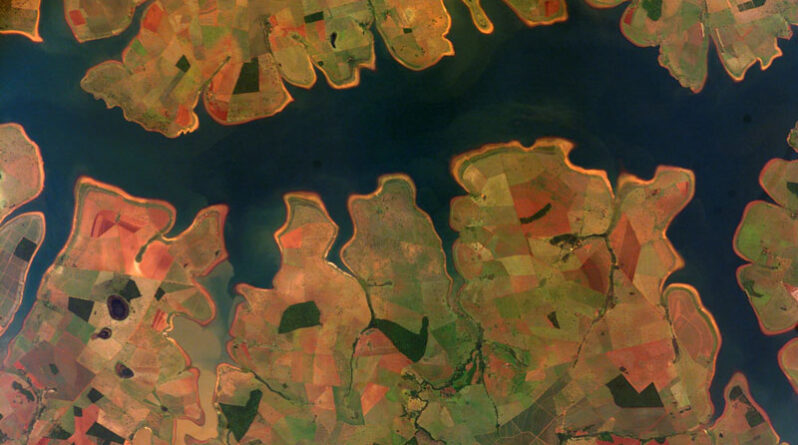
Global soy trade is a major source of greenhouse gas emissions for multiple reasons. The conversion of natural vegetation into arable land is probably the most important cause, but greenhouse gases are also released during the harvesting, the processing into derived products, the subsequent transport to ports of export and shipment.
California’s critical kelp forests are disappearing in a warming world. Can they be saved?
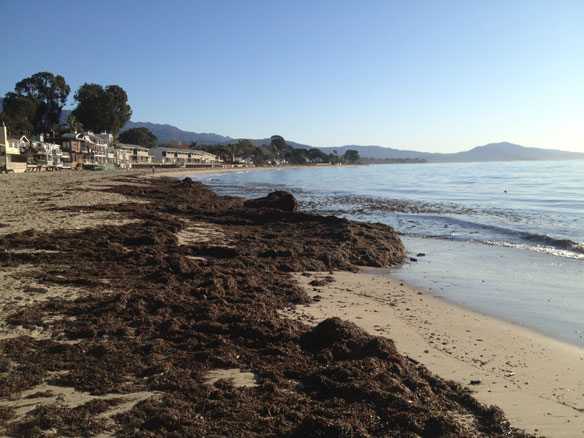
The “sequoias of the sea” suck up carbon and shelter special species. They’ve been hit hard, but scientists, surfers, and more are banding together to save them.
Fortress Charleston: Will Walling Off the City Hold Back the Waters?
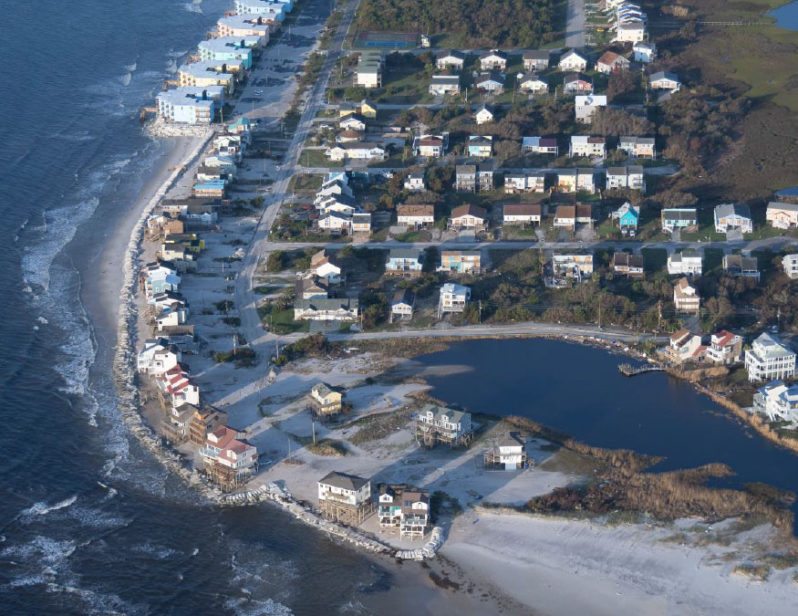
Officials in Charleston, South Carolina have endorsed a $2 billion plan to wall off the historic downtown from rising seas and surging storms. It is the latest in a growing number of extravagantly expensive seawalls and barriers being proposed to defend U.S. coastal cities.
As sea levels rise, will drinking water supplies be at risk?
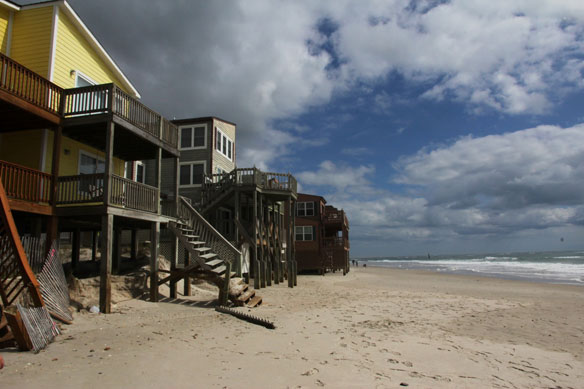
The Delaware River, a major source of drinking water for Philadelphia, is facing an emerging threat as rising seas push saltwater farther upstream. It’s a problem that other places, from Miami to Shanghai, will also confront, especially as increasing drought lowers river flows.
Flooding will affect double the number of people worldwide by 2030
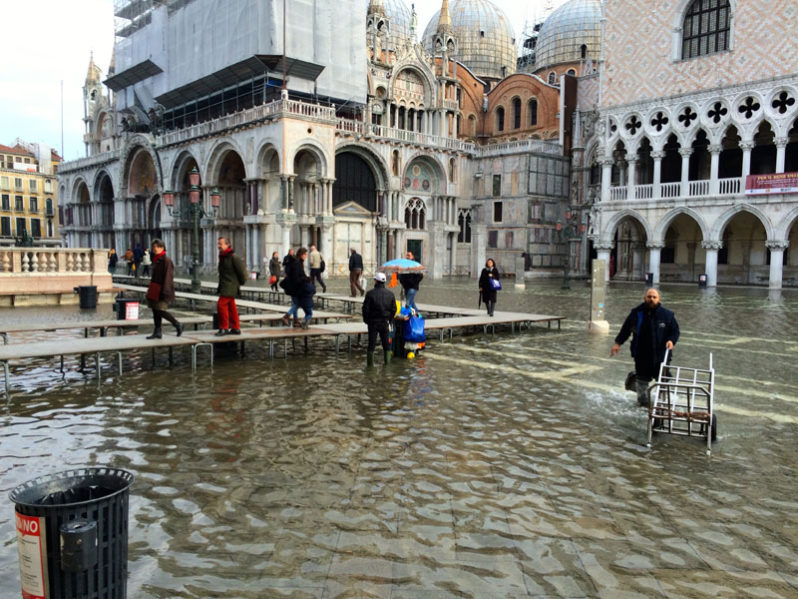
The number of people harmed by floods will double worldwide by 2030, according to a new analysis. 147 million people will be hit by floods from rivers and coasts annually by the end of the decade, compared with 72 million people just 10 years ago.
Will Florida be lost forever to the climate crisis?

From sea level rise to habitat loss, the effects of the climate crisis are on the verge of making south Florida uninhabitable.
North Pole soon to be ice free in summer
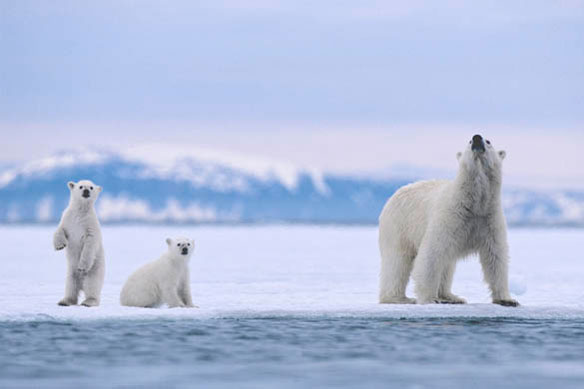
The Arctic Ocean in summer will very likely be ice free before 2050, at least temporarily. The efficacy of climate-protection measures will determine how often and for how long. These are the results of a new research study involving 21 research institutes from around the world.
